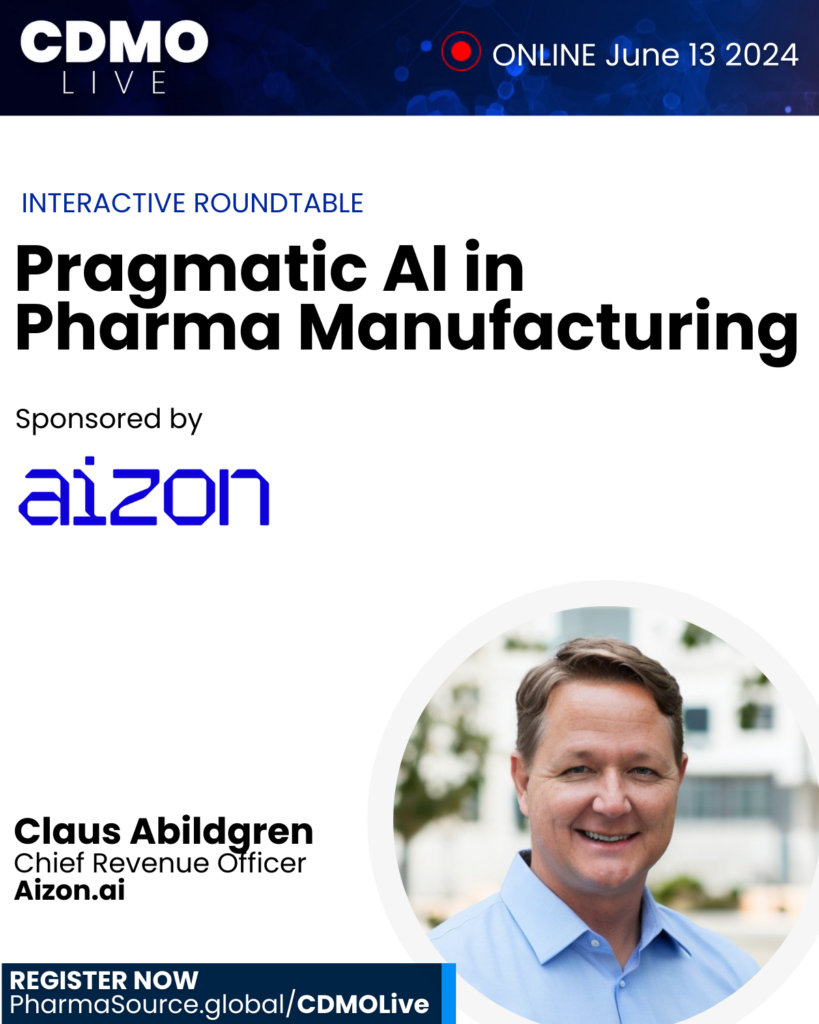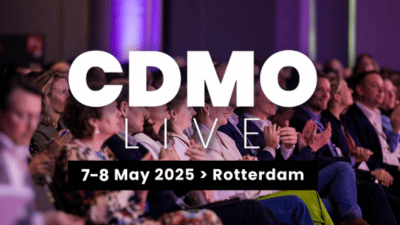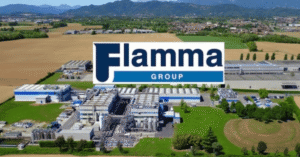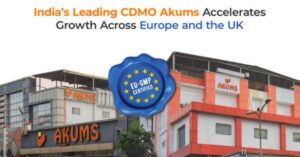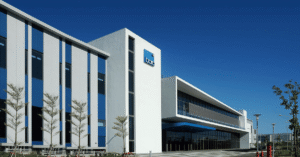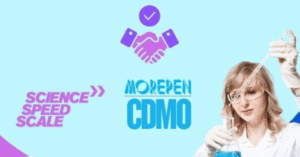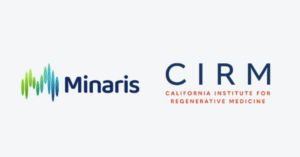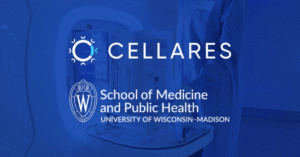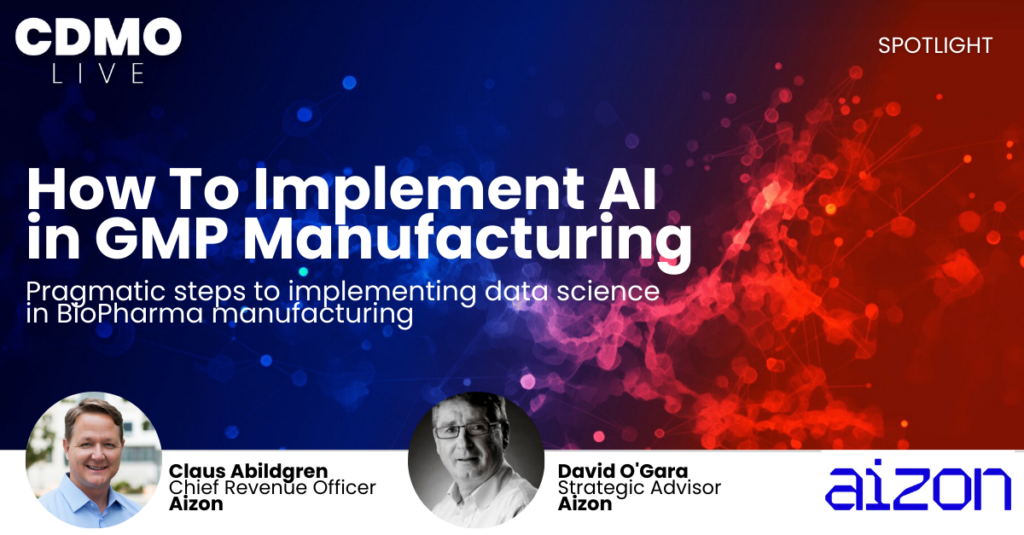
Aizon is on a mission to integrate modern computing into the complex arena of GMP manufacturing processes in life sciences.
In the latest episode of the PharmaSource podcast we sat down with Claus Abildgren, Chief Revenue Officer at Aizon, and David O’Gara, Strategic Advisor to Aizon to understand how artificial intelligence can make an impact on manufacturing in this highly-regulated industry.
“Our goal is to evolve the industry by taking pragmatic steps towards enhancing manufacturing performance through practical applications.” says Claus. “We aim to optimize the current capacity of manufacturers and utilize artificial intelligence to anticipate and mitigate the risk of adverse events with predictive capabilities.”
When producing drug products under stringent GMP conditions, “ensuring quality is fundamental. This includes securing data integrity and maintaining comprehensive audit trails—key aspects of deploying technology in a highly regulated environment.”
Leveraging the data generated at a plant leads to identifying opportunities for yield improvements, thereby ensuring high-quality production, delivered on time and at reasonable costs. says David.
“Automated quality reports can significantly reduce the workload for quality organizations and production plant chemists.”
Deploying this technology, especially at CDMOs and for their sponsors, can yield substantial returns, particularly with high-value molecules where even a 1% improvement can have a remarkable impact on return on investment.
In order to address the complexities of drug production, Aizon’s software undergoes rigorous validation.
“We maintain close communication with regulatory agencies like the FDA, as the future will see a shift in how inspectors review batches—not on paper, but through new assessment methods for companies and facilities.” says Claus.
Pragmatic steps to getting started
David advises looking for small opportunities to get started, rather than attempting to ‘boil the ocean’.
“Given the industry’s conservative nature due to regulatory constraints, we recommend introducing digital solutions incrementally, targeting specific areas of an organization. This approach allows for the gradual expansion of digital capabilities.”
One practical area to adopt these new tools and techniques without incurring undue risk is digitising paper batch records.
“For those with isolated systems, creating a batch context and enhanced analytical models can facilitate deeper analysis with significantly less time and effort from technical teams. AI can uncover patterns beyond the detection capabilities of even the most skilled process engineers.”
Claus says that while generative AI models like Chat GPT garnering a lot of attention, it’s important to remember that we are still in the early stages. “Despite the intriguing possibilities, there remains a level of healthy scepticism regarding their application in regulated industries like ours.”
Transparent information sharing
Transparent information exchange will be pivotal for the pharmaceutical industry. It can notably accelerate the speed of technology transfers through upfront sharing and collaborative efforts.
However, this new level of transparency will present a challenge to relationships between pharma companies and contract manufacturers.
“Effective sharing requires a foundational trust between sponsors and CDMOs, as well as a mature approach to collaboration and problem-solving says David.
Don’t miss the AI in Manufacturing roundtable at CDMO Live, hosted by Aizon. Register for your ticket below.
